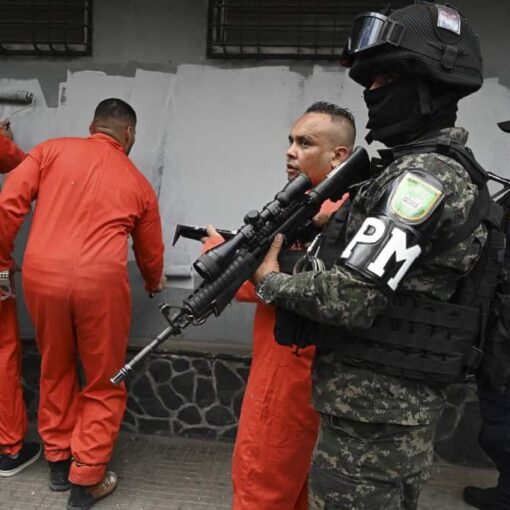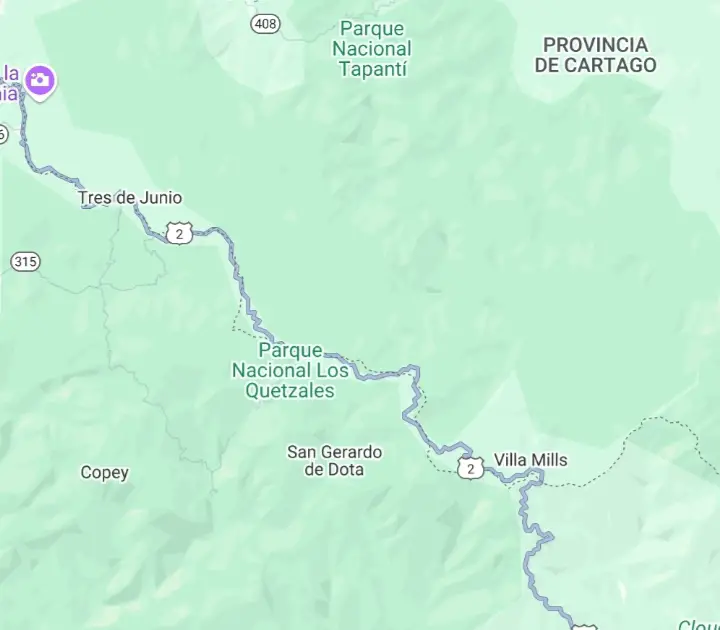QCOSTARICA — With a vote of 39 legislators, the Legislative Assembly approved in first debate the reform to Article 32 of the Constitution to allow the extradition of Costa Ricans.
This reform would allow Ticos (Costa Ricans), born or naturalized, to be extradited to other jurisdictions, if requested, for the crimes of drug trafficking and terrorism.
After several weeks of discussion in the legislative commission that analyzed the issue, the bill was approved in Monday’s voting on the floor of the Legislative Assembly.
– Advertisement –
The bill is now sent to the Constitutional Court, commonly known as Sala IV, so that the magistrates of the country’s high court for any constitutionality defects.
If it passes that stage, the bill will return to the Legislative Assembly to be voted on in the second debate and final debate.
The bill, with a single article, underwent a change in its wording through a motion presented by several deputies and approved last week.
The original text:
“Article 32- No Costa Rican may be compelled to leave the national territory, except when, in cases of international drug trafficking and terrorism, extradition has been ordered by a Court of the Republic of Costa Rica in accordance with the provisions of this Constitution and the laws.”
The approved (modified) text:
– Advertisement –
“Article 32- No Costa Rican may be required to leave the national territory, except when, in cases of international drug trafficking or terrorism, extradition has been granted by the Courts of Justice, in strict adherence to the fundamental rights and procedural guarantees recognized in this Constitution, in international treaties and in the laws.”
Despite the recommendation of specialists from Mexico and Colombia and the request of Costa Rican authorities, such as the Minister of Security, Mario Zamora and the prosecutor’s office, the crimes to allow extradition were not increased.
“I do not see increasing the crimes as viable, we are going to be left with drug trafficking and terrorism,” said legislator Oscar Izquierdo, who chaired the special commission that discussed and analyzed the issue.
The Technical Services Department of the Legislative Assembly resolved that incorporating new crimes into the reform would be unrelated, therefore, that possibility was ruled out.
– Advertisement –
There was talk, at one point, of adding femicide, homicide, illicit association and other crimes to those that may allow extradition; however, in the end, it did not happen.
– Advertisement –
Source link
Rico



